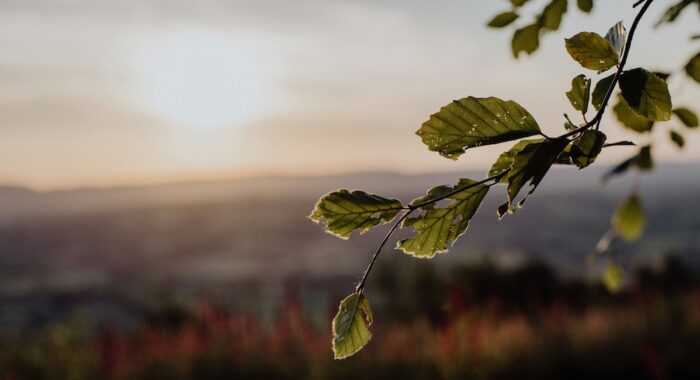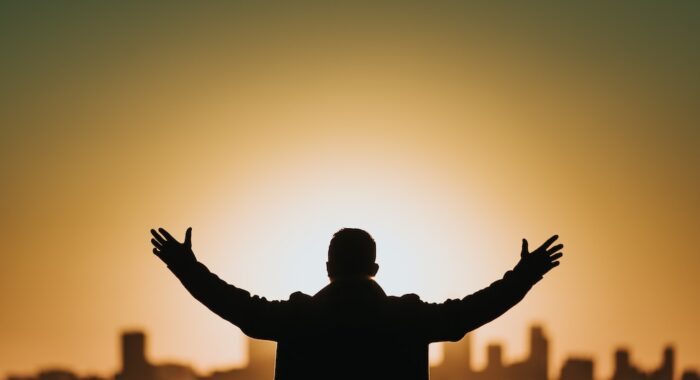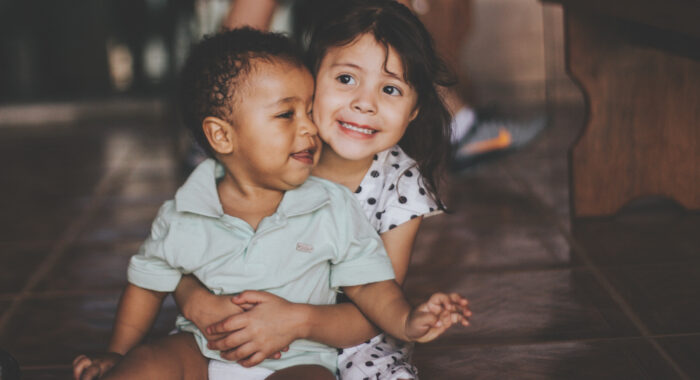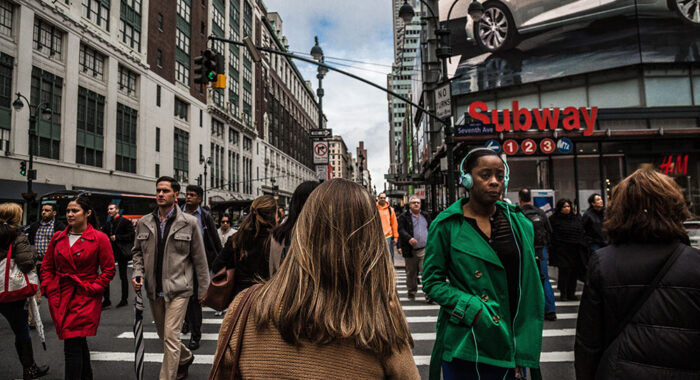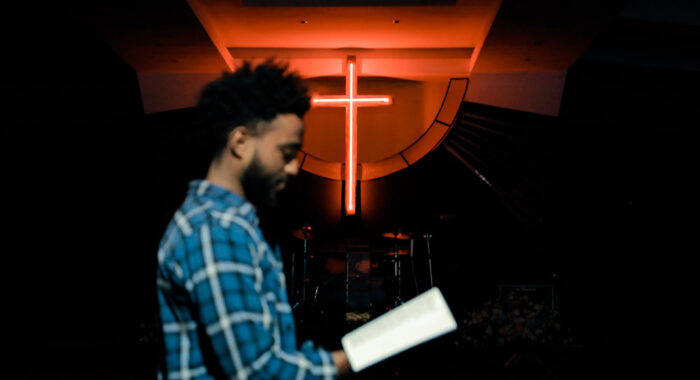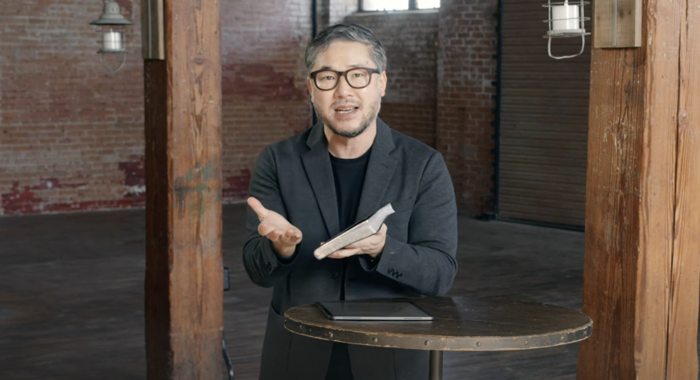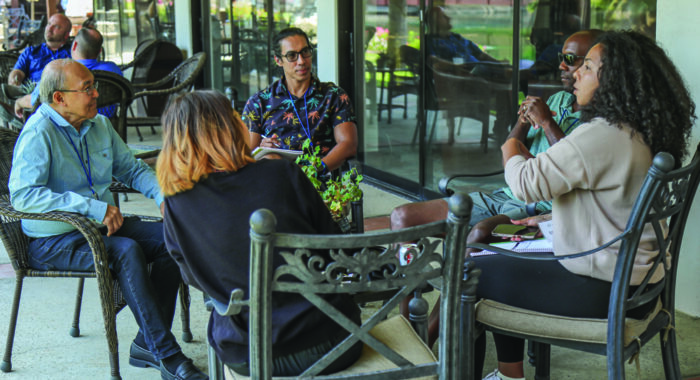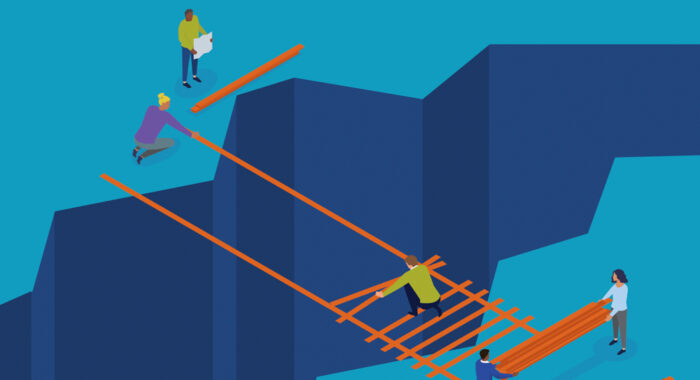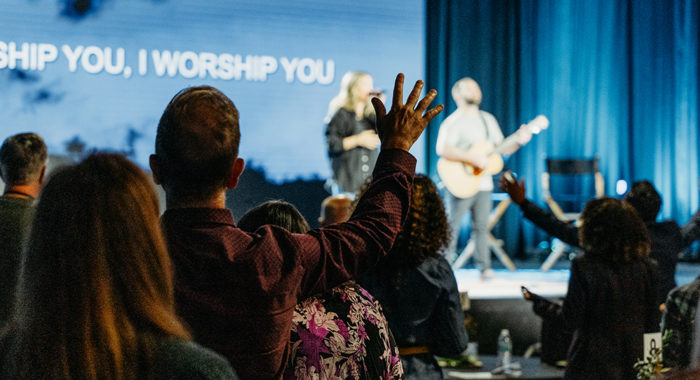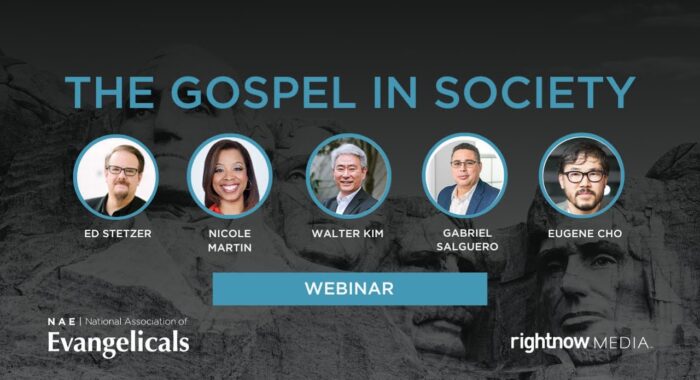On a sunny spring morning last year, I walked from my home to a voting booth. As I locked my front door, I smiled at my next-door neighbors, a Muslim and immigrant family with small children who often communicate for their mother.
I walked past the row of renovated houses across the street from my low-income neighborhood, a sign of increasing home prices and changing demographics in my gentrifying city. I walked into a church building that normally welcomed worshippers but had opened their doors for citizens to participate in a different kind of liturgy.
I tell you this story, because it reframes how we often think about political participation. If social media or cable news tell the story, political participation is about scarcity and survival. It’s the good guys vs. the bad guys, “us” and “them,” eat or be eaten. Even in our better moments, we can think of politics as a unique realm of human life where the normal rules don’t apply: “Turn the other cheek” is good moral instruction for church pews, not voting booths.
But what if “politics” wasn’t only about who we voted for, what party we supported, or what national policies we defended? What if the whole realm of human experience was included in our political participation? That’s what it felt like on election day in my neighborhood last year. I approached ballot measures and local candidates differently the more that I considered the neighbors who surrounded me on my walk to the voting booth. Their concerns — about affordable housing, just policing, accessible education, and community safety — shaped my votes. But these were not abstract concerns, these were the concerns of people in my community who I could name, picture and whose life shaped mine.
At its most basic, politics is simply about our common life together. The more that we share our lives with people, including people who are different from us and have different needs than us, the more faithful our political positions will be. How do we overcome the polarization and division in our communities? How do we learn to live with people who deeply disagree with us about important questions that shape our communities? We start by understanding our political life not as an opportunity for individual expression or a combat zone where we must defend our team, but as the forum in which we negotiate our common life together.
Kaitlyn Schiess is a doctoral student in theology and ethics at Duke University, and is the author of “The Liturgy of Politics: Spiritual Formation for the Sake of Our Neighbor,” and “The Ballot and the Bible.” Schiess has written about theology, politics and culture for Pop Culture, Christianity Today, The New York Times, Fathom Magazine, RELEVANT, Sojourners and the Christian Research Journal. She received her bachelor’s degree in history from Liberty University and master’s degree in theological studies from Dallas Theological Seminary.




 View All Articles
View All Articles 






